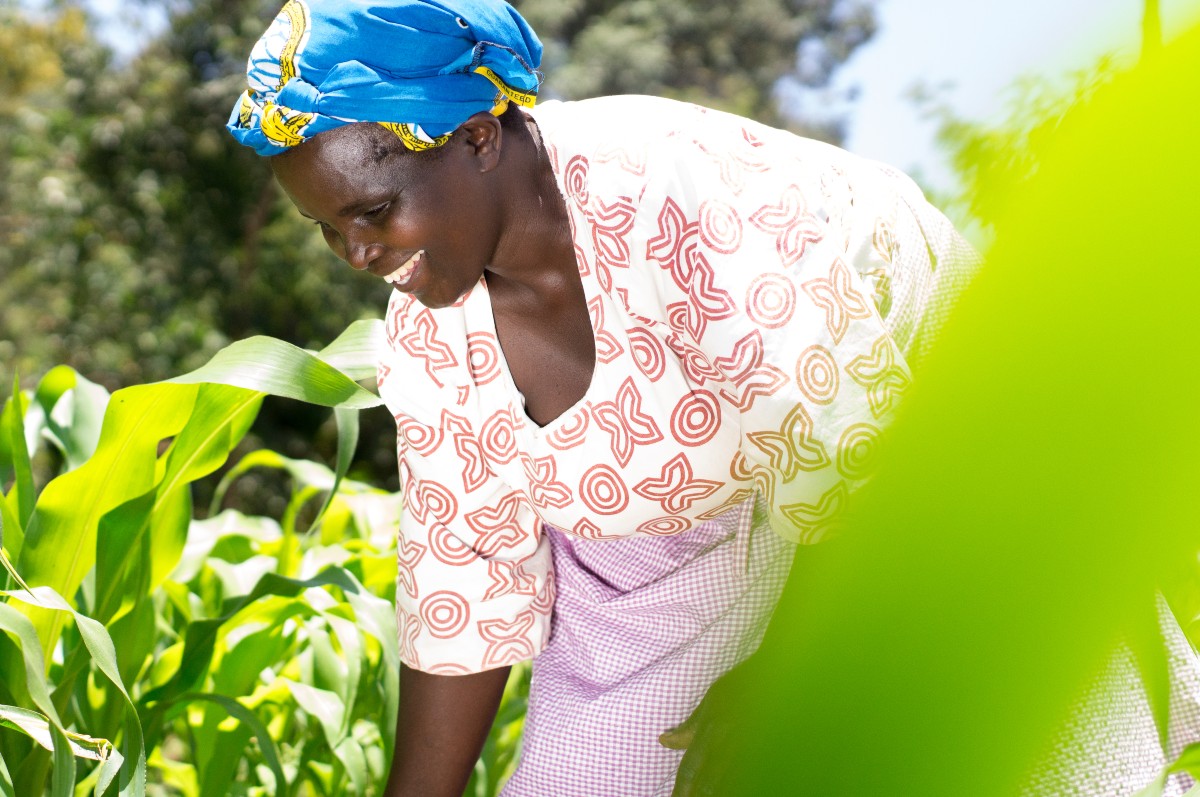In sub-Saharan Africa, the majority of working women contribute substantially to the agriculture sector. They play various roles including planting, cultivating, and harvesting, as well as processing, logistics, and sales. Despite their significant contribution to the sector, rural women face unique challenges that hamper their productivity and growth, resulting in weak rural economies, and impact the local and global food systems.
Underlying problems
Systemic obstacles result in lower access to productive resources such as land, financing, inputs, and training. At the same time, women continue to face challenges related to poor working conditions, discrimination, gender-based violence, low, and in some cases no pay. These and other challenges continue to put women at a disadvantage, robbing the sector of the potential economic benefits of women’s full participation and gender equality.
As the world marks International Day of Rural Women to reflect on the milestones, celebrate the remarkable contribution and achievements of rural women in the agriculture sector, and amplify their voices, we must challenge ourselves to better understand the biases that lead to exclusion of women. We must strive to co-create inclusive solutions within our communities.
The theme for the International Day of Rural Women, “Rural Women Cultivating Good Food for All,” underscores the critical role that rural women play in the food systems across the world. The theme strongly resonates with Solidaridad’s goal of contributing to sustainable and inclusive economies that maximize the benefits for all.
We recognize rural women who serve as lead and demonstration farmers, farmers’ cooperatives and women’s association leaders, trainers of trainers, produce aggregators, marketers, inclusivity champions, and service providers. They exemplify the potential of rural women and contribute to sustainable and profitable value chains and contribute to positive household outcomes such as nutrition and income security. Read story here
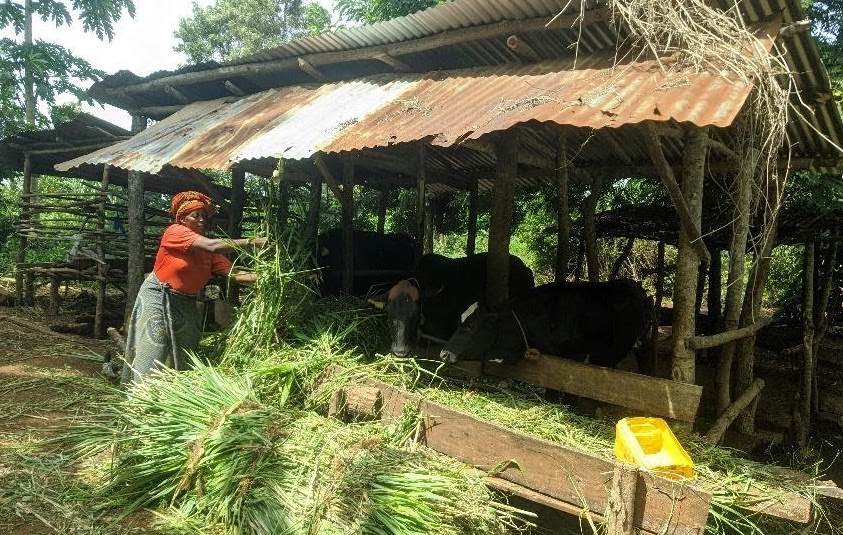
Leaving No One Behind: Fostering Community-Led Inclusivity Efforts
As an organization, we recognize the important role of rural women and by extension that of their communities in fostering gender inclusivity. Guided by our strategy, Reclaiming Sustainability; Creating An Economy That Works For All (2021-2025), Solidaridad remains committed to co-creating solutions that help communities rally together to address and/or remove barriers to women’s participation in agriculture.
we work with key stakeholders along the value chains to create suitable conditions for women to exploit and benefit fairly from their contributions. Our collaboration with communities (both men and women), the government, private sector, market actors, and other stakeholders is the foothold and catalyst for gender inclusivity.
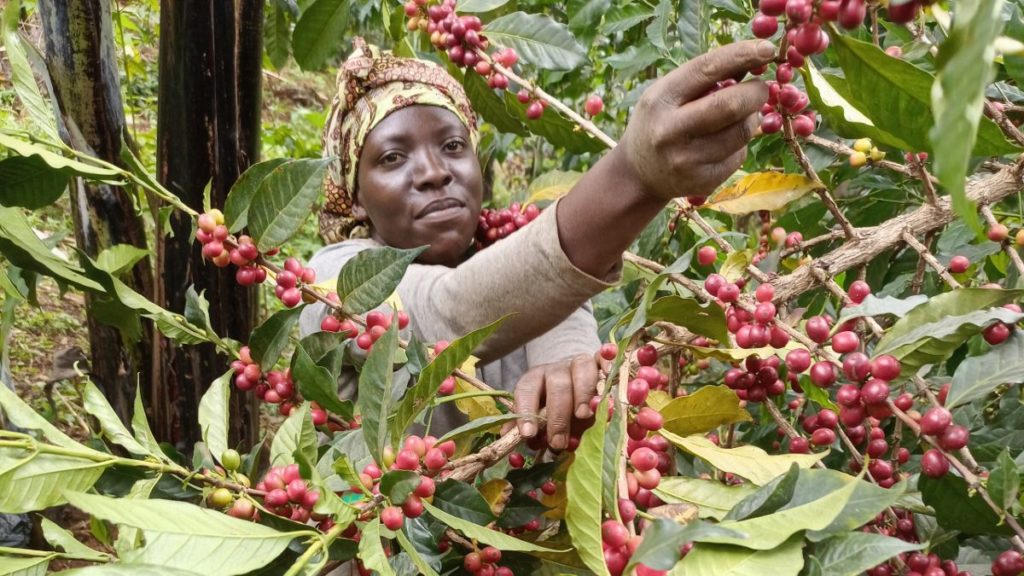
In everything we do, small-scale and family farmers, workers on farms, and in supply chains are at the centre. They drive our work, and our solidarity with them is not up for debate. We want to create resilient communities around these farmers and workers in supply chains in low and middle-income countries. Read story here
Putting Rural Women on the Path to Success, One at a Time!
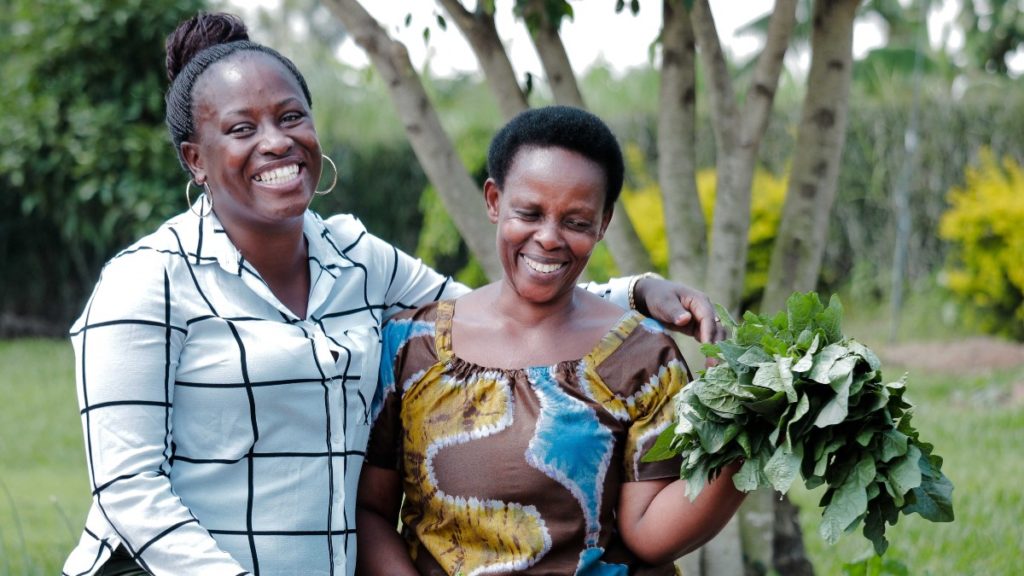
Over the years, our collaboration has yielded noteworthy milestones including increased participation of rural women in coffee, tea, cotton, and textiles, dairy farming, artisanal gold mining, and other micro-enterprises such as beekeeping, goat keeping, fish farming, coffee management, aggregation, and seedling nurseries. We implement a multi-faceted approach aimed at equipping women with knowledge and skills, supporting them to take advantage of opportunities, increasing access to finance, and advocating for decent incomes and good working conditions.
In all these, rural women play a big role in co-creating and implementing our transformative gender and inclusivity solutions. Our goal is to put women on the path to success. Read story here
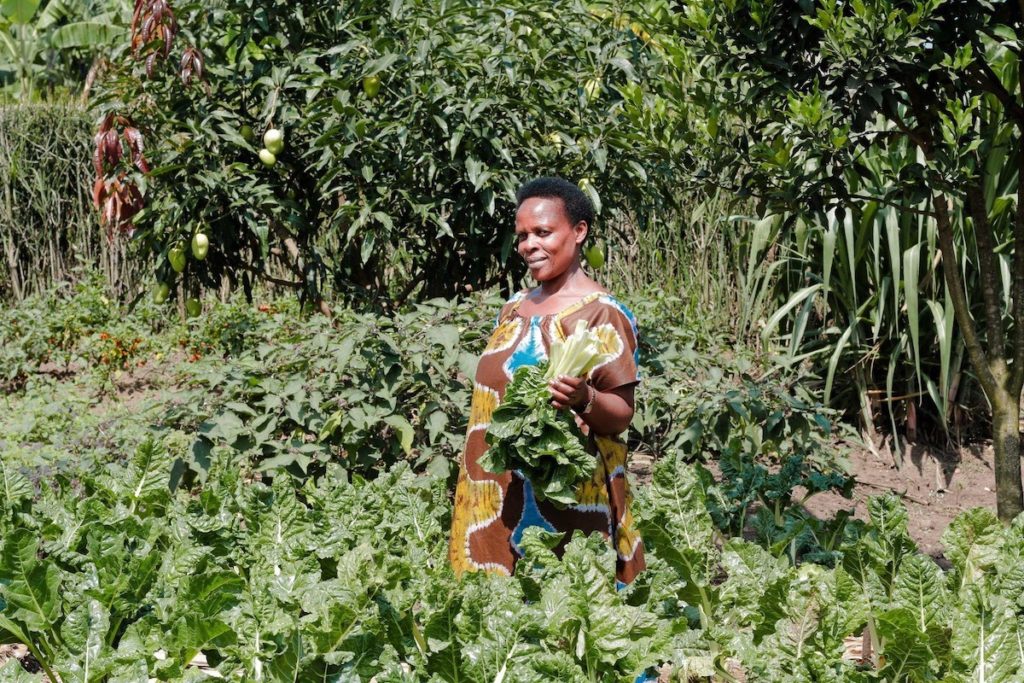
Biases, even the subconscious, remain a major hurdle to inclusivity! Overcoming such biases demands that all players work together to call out and address biases that further widen the existing gender gaps! Now more than ever, we need to engage rural women as agents of change and work with communities to ensure that responsive interventions are designed and implemented to enable more rural women to cultivate good food for all.
The urgency
Statistics show that women comprise about 43 percent of the agricultural workforce globally and in developing countries. In sub-Saharan Africa, 74 percent of women work in the informal economy characterized by low status, low skills, and low-income jobs that offer no legal or social protection.
More needs to be done to facilitate rural women’s access to productive resources and opportunities, and ensure their representation in leadership and involvement in decision making at household and community levels. Equal priority must be given to recognizing their contribution, providing good working conditions, benefits, and equal pay.
To achieve these, we have to work together to address inequalities that stem from gender-based biases, social and cultural beliefs and practices, while at the same time, ensuring effective policies, and programs and increased investments in the agriculture sector.

